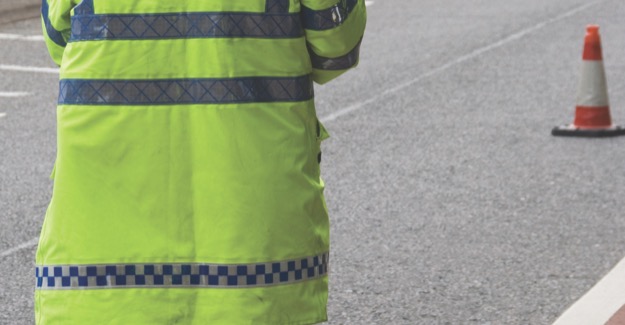Less than 5,000 traffic cops now on the road
Dedicated roads police units have shrunk in all but seven forces, new figures show.
The number of specialist roads officers was slashed by almost three-quarters in some parts of England and Wales last year.
Northamptonshire saw the biggest cut at 74%, followed by Norfolk (65%) and West Yorkshire (50%).
The total number of specialist roads officers across all 43 forces fell from 5,237 to 4,934, according to data released by policing minister Brandon Lewis in response to a parliamentary question.
The Government has announced a number of policies in recent months to crack down on reckless motorists, such as tougher penalties for killer drivers and those using hand-held mobile phones.
Steve Gooding, director of the RAC Foundation, said:
“These figures reveal a concerning, and in some cases extremely alarming, decline in specialist roads policing. And this at a time when traffic volumes are growing, the number of annual road deaths is barely falling and more motoring laws are being introduced and need enforcing.
“Next month the penalties for using a handheld mobile at the wheel will double but stricter laws are of little deterrent if drivers don’t believe they will be caught.
“Last week the chief constable of Gloucestershire suggested that uniformed employees of Highways England – who deal with incidents on the motorways – could be given powers to fine motorists for low-level offences, but ensuring the long-term survival of roads policing will involve adequate funding for constabularies.”
Home Office data shows 16,900 drivers were handed fixed penalty notices for illegally using a phone in England and Wales in 2015, compared with 123,100 in 2011.
Jayne Willetts, lead for roads policing for the Police Federation of England and Wales, said roads policing officers are “specialists in their field” at tackling incidents such as speeding, tailgating and other criminality on highways.
“The thin blue line is now so thin on our roads system that we are almost to the point of being invisible.
“We should be looking to invest in more of these highly trained, specialist officers.”
Suzette Davenport, National Police Chiefs’ Council lead for roads policing, said individual forces decide how best to allocate their resources.
“Some may choose to reduce the numbers of specialist traffic officers but this does not mean that their roads are not adequately policed.
“They can deploy a range of resources, including ANPR (automatic number plate recognition) technology, targeted patrols using unmarked vans, high vantage points and helmet cams to catch offenders.”


